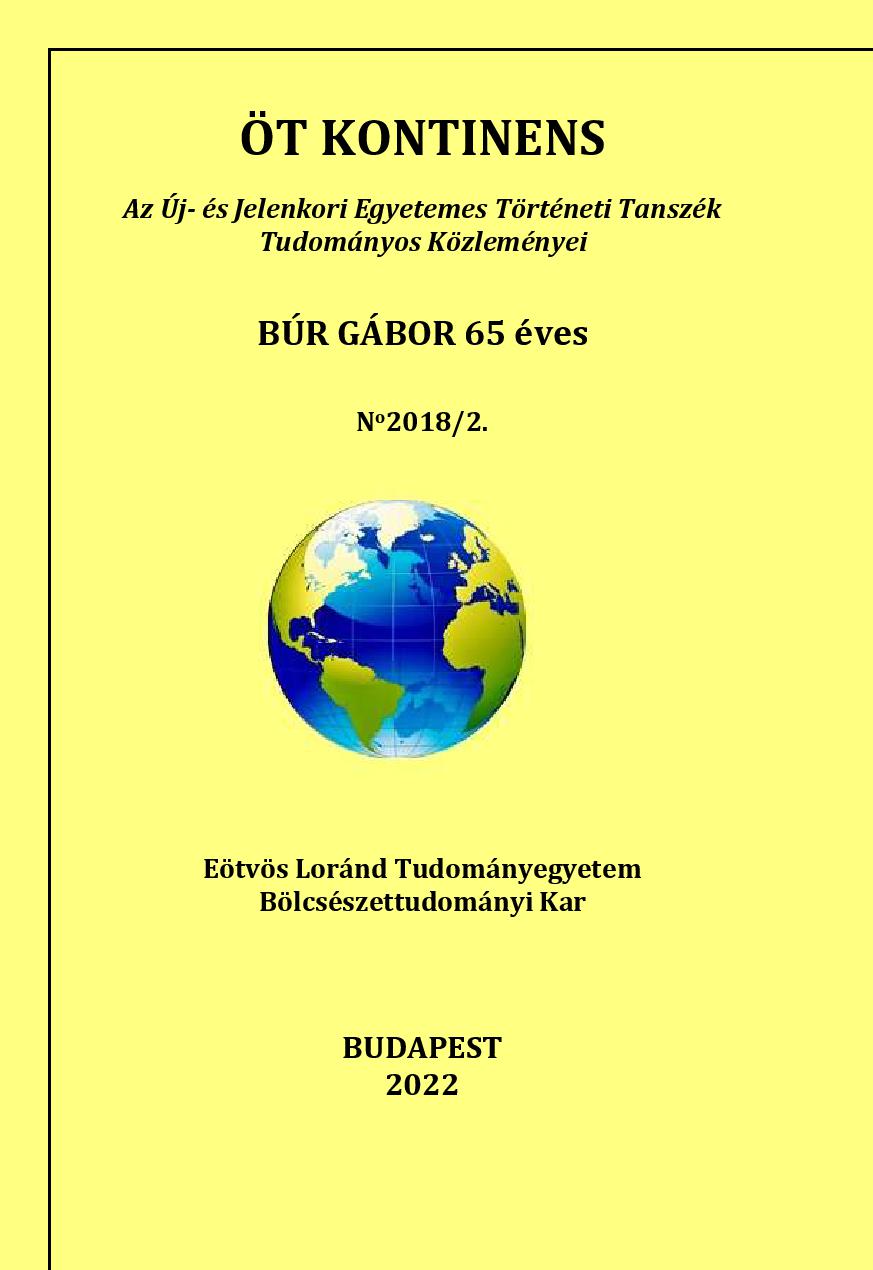A „német világpolitika” baloldali olvasata a német történet-tudományban: Fritz Fischer, Sebastian Haffner és Hans-Ulrich Wehler
Leftist Interpretations of „German World Policy” in German Historiography: Fritz Fischer, Sebastian Haffner and Hans-Ulrich Wehler
Author(s): Péter CsunderlikSubject(s): Cultural history, Governance, Comparative history, Military history, Political history, International relations/trade, Pre-WW I & WW I (1900 -1919), Interwar Period (1920 - 1939), Post-War period (1950 - 1989)
Published by: Eötvös Loránd Tudományegyetem, Új-és Jelenkori Egyetemes Történeti Tanszék
Keywords: German World Policy; Historiography; Fritz Fischer; Sebastian Haffner; Hans-Ulrich Wehler;
Summary/Abstract: Since Mein Kampf no book has had as much impact on German society as Fritz Fischer’s Griff nach der Weltmacht (1961), which sparked one of the greatest historical debates of the 20th century. Fischer's book, which criti-cizes „German world politics” proved continuity between the aggressive policies of the Second (1871–1918) and Third Empire (1933–1945), so National Socialism cannot be considered a simple „accident” in German history. Sebastian Haffner joined this discourse with his monograph The Seven Deadly Sins of the German Empire in the First World War (1964) as did Hans-Ulrich Wehler with his book and university textbook, Bismarck und der Imperialism (1969) and Das deutsche Kaiserreich, 1871–1918 (1973). The study shows through three smaller „case studies” the emergence of a new German historiography that stands for „social liberal democracy” and is critical of the German past and perceives historiography as a critical science.
Journal: ÖT KONTINENS
- Issue Year: 2018
- Issue No: 2
- Page Range: 325-336
- Page Count: 12
- Language: Hungarian

